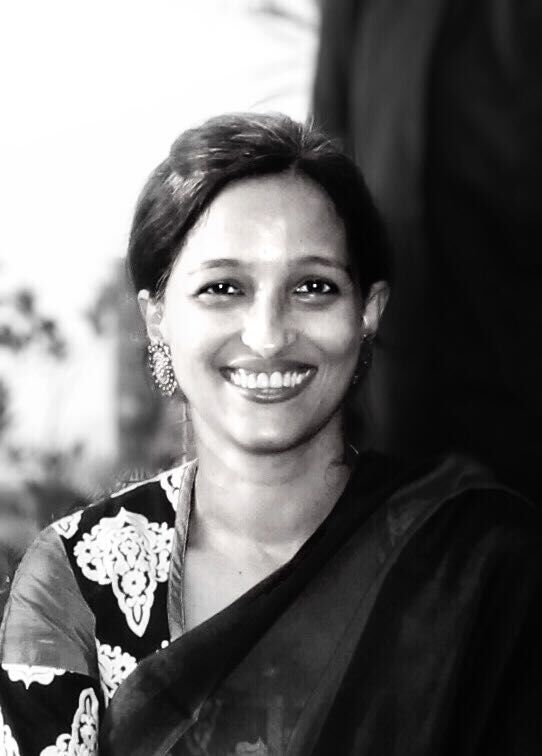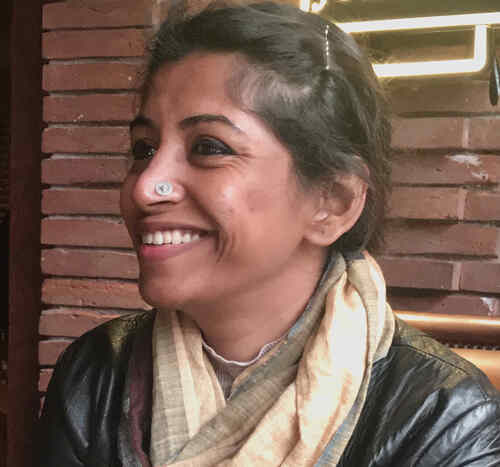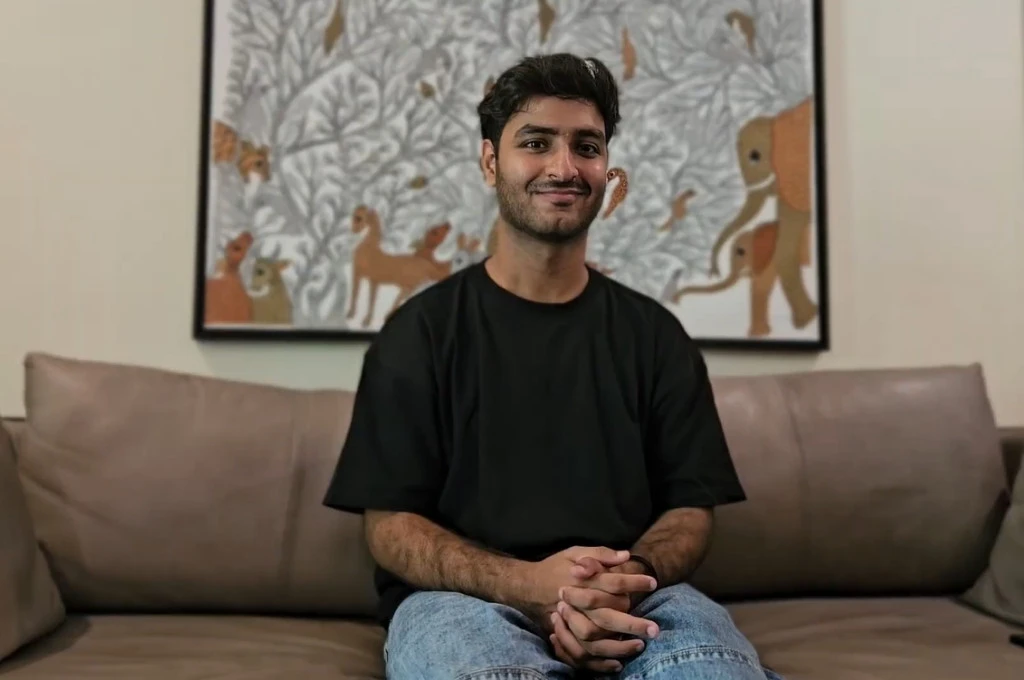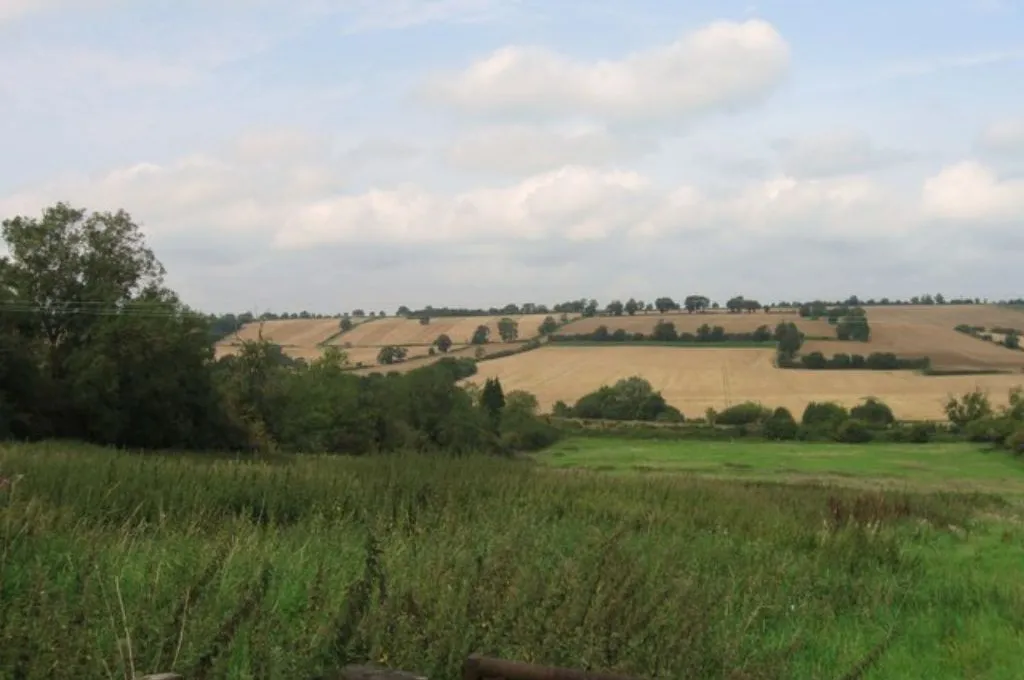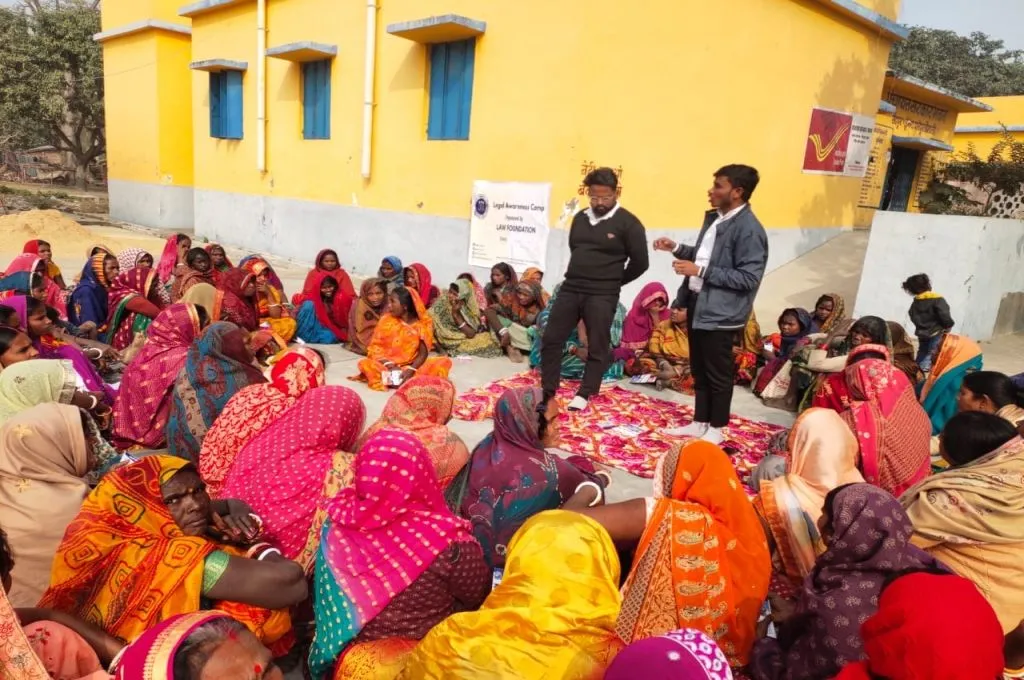Flavia Agnes is a women’s rights lawyer and feminist legal scholar. One of the central figures of the women’s movement in India, she spent four decades championing women’s rights, legal reform, and legal pluralism—campaigns that eventually led to amendments in law and procedural improvements in the criminal justice system.
Flavia co-founded Majlis, a legal and cultural resource centre that provides women and children with quality legal services. She has written incisively and extensively on a raft of social and legal issues around women’s rights, family law, minority rights, and secularism.
Flavia talks to IDR about her long and eventful journey with the women’s movement, commenting on its major milestones and the path it is currently on. She underscores the need for affordable legal services and tells us why working with the police is an inalienable part of Majlis’s campaign to help women secure their rights.
Can you tell us about your early life and the influences that led you to the women’s movement and to law?
I was born in Bombay in 1947, but I grew up in Mangalore, where I was raised by my maternal aunt, who was unmarried. My parents were in Aden, Yemen at the time with my four sisters; I had a brother too, but he passed away early on. I studied in a Kannada-medium school till standard 10. Just before my SSC exam, my aunt passed away in her sleep. I then joined my parents in Aden. But shortly after, my father died too. To help support the family, I took up work as a typist at a post office. It was in Aden that I learned English. I lived there for three years before returning to Mangalore with my mother and sisters. I was 20 at the time.
On returning, I was almost immediately married off. But my marriage was a wreck. I was physically and mentally abused and didn’t know what to do. I tried to break the marriage off several times, but I just couldn’t.
In 1980, I became involved with the women’s movement in Bombay. I found moral support among the women I met there, and it was with their encouragement that I ended my marriage that same year. By then I had been married 13 years and had three children. I took my daughters with me and left my son with my husband. I put my daughters in a boarding school and sold whatever jewellery I had to buy a small place in Borivali.
It was around then that I set up the Women’s Centre in Bombay for women who had suffered domestic violence. It was a safe place where they could gather and talk, share their stories, and exchange resources such as references to good lawyers, counsellors, and jobs. We first ran the Women’s Centre from a friend’s house. Then Smita Patil—who had heard me speak at a conference and was impressed with my work—donated to us the proceeds of her film Subah, and we were able to buy a place of our own. News of the centre soon spread through word of mouth and articles in the press.
Alongside running the centre, I studied law and earned my degree in 1988. By 1997, I secured my MPhil from the prestigious National Law School, Bangalore. One of the factors that motivated me to study law was the challenge of finding good lawyers whom we could recommend to the women who came to the centre.
It was a difficult time…my children were young, and I was working at the centre, not earning much. I sometimes wonder how I came so far. (Laughs)
Tell us about the beginnings of Majlis.
In 1990, my friend Madhusree Dutta and I started Majlis, a legal and cultural resource centre in Bombay. (Majlis means ‘association’ in Arabic.)
I set up the legal support cell and Madhusree set up a broad forum for interaction between different arts practitioners. She was a theatre and documentary film director who wanted to cultivate a new feminist cultural practice through theatre and film. We were joined by activists from academia, architecture, and other professions, all working to make Majlis a creative, social, cultural, and legal locus of the women’s movement in Bombay. As for me, I wanted to move away from protest and activism to ground-level interventions. Protests were important to raise awareness about an issue, but once legal reform was achieved, it was important to set up a sustainable practice of strong litigation support for women to ensure that the impact of those reforms was felt on the ground.
I considered writing a powerful tool for the campaign, and published articles, reports, and books on legal reform, women’s rights, secularism, the cases we came across, and the legal and systemic bottlenecks we encountered. All of it helped build advocacy and raise public awareness on a range of issues—from domestic violence and sexual abuse to the Uniform Civil Code debate and the death penalty. At the time, there was very little writing on women’s rights and legal reform in the mainstream.
We are now Majlis Legal Centre because our focus is wholly on legal support. Earlier, on account of the word’s association with Muslim fundamentalism, we had been under pressure to change our name, but we stood our ground. The name speaks for our secular ideology and our allyship with minorities. We also run a support centre for victims of sexual violence called Rahat, which is doing well.
The way we work has also changed and become more structured. Earlier, our interventions were ad hoc and wide-ranging. Later, as we grew and raised larger ticket funding, donor preferences led us to making our work more streamlined.
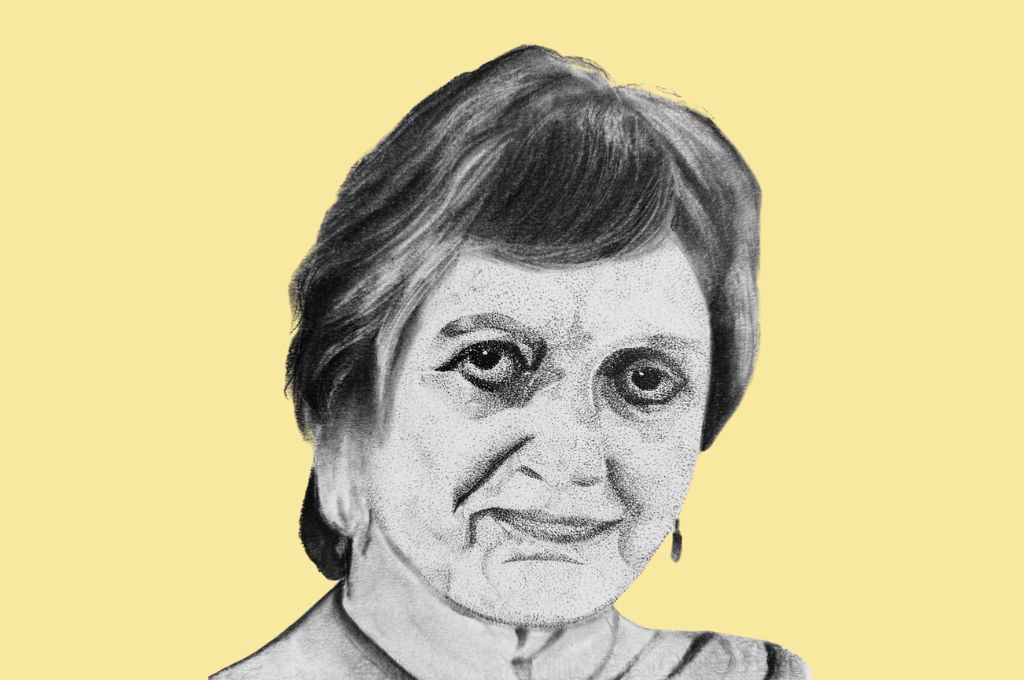
You have been a part of the women’s movement for 40 years. How has it changed?
In the 1980s, the women’s movement concentrated on law reform, with rape and domestic violence—particularly dowry-related abuse—forming a key concern. It championed women’s empowerment, challenged patriarchal power structures, and questioned the conservative role of women as subordinate in the home and in society. The movement drew public attention to women’s issues, thanks to which they started to figure more prominently in the state’s development schemes and welfare programmes.
Many issues that we campaigned for in the ‘80s and ‘90s ended in legislative reform. For example, our two-decade-long campaign against domestic violence resulted in the Protection of Women from Domestic Violence Act (PWDVA) 2005, a civil law that gave women rights within their matrimonial home, maintenance, child custody, and protection from future violence. Our campaigning also led to amendments in the rape law in the 1980s and in 2013; reforms in Christian personal law; and subsequent amendments to the Indian Divorce Act that made it possible for Christian women to seek divorce only on grounds of cruelty.
Today, the women’s movement has taken a different shape; more nonprofits have cropped up and a lot of welfare work is going on. There’s also more professionalism in the field. It’s important however to remember that the women’s movement cannot operate in a silo; it is an integral part of other social movements such as human rights, sexual identities and sexual orientation, people in same-sex relationship, social transformation, and against caste-based violence.
Women today have rights, but are they exercising them? Are they filing more cases?
Unfortunately, legal services have become commercialised, expensive, and consequently unaffordable for women from low-income and marginalised communities. And the free legal aid available to them is often of poor quality. This is the most challenging aspect that organisations like Majlis face today—the lack of experienced lawyers willing to work for the poor. People spend huge amounts to get a legal education now, and they’re anxious to earn it back.
Individual lawyers take up pro bono cases occasionally, but it’s not enough. We have many interns working at Majlis, but they largely come for the experience and seldom return on graduating. Our organisation survives on grants, but without experienced lawyers how can we support women at scale? Today, unlike in the past, Majlis doesn’t have many in-house lawyers; we have 10–12 empanelled ones to whom we refer our cases, and then we monitor their progress.
It must also be said that contrary to people’s presumptions that the Domestic Violence Act would give women licence to file false cases against their husbands, women aren’t filing as many cases as they should because they are scared to go to the police. Women want rights for themselves more than they want punishment for their spouses.
Majlis has been working with the police since the 1990s. What does it take to build trust?
We started actively working with law-enforcement agencies when we realised that laws, in and of themselves, would not help the cause of women until they were implemented on the ground. A crucial part of this was working with law-enforcement agencies. This wasn’t easy, because it meant making inroads into the criminal justice system, which was inaccessible to nonprofits.
Our earliest intervention was with the Mumbai Police—we trained them on the new provisions of the amended Rape Law and monitored the impact of that training. The training was initiated by Sadanand Date, an officer we met during the Bombay riots.
In addition to acquainting officers with the nuances of the laws, our training teaches them how to interrogate women and children sensitively.
We conduct separate training around the Protection of Children from Sexual Offences (POCSO) Act. This involves changing perspectives and helping the police look past prejudices (such as disbelief that a family member could be the perpetrator of a sexual crime against a child). We train DCPs, ACPs and police station heads, and the lessons percolate down to other staff.
In addition to acquainting officers with the nuances of the laws, our training teaches them how to interrogate women and children sensitively; what guidelines to follow when escorting perpetrators and survivors for medical examinations; how to prepare detailed case reports to secure government aid; and so on. These guidelines are contained in the Standard Operating Procedure we drafted for the police. The right procedures can strengthen police investigations and improve conviction rates.
Forty years ago, dowry and domestic violence were prominent issues. What plagues women today?
Domestic violence continues to be big. The terminology has changed—from dowry to domestic violence—but the problem still persists. Newer issues, such as sexual harassment at the workplace, have cropped up. We’re also seeing more cases of child sexual abuse, especially in domestic settings. The police refers these cases to us because of our experience in litigation. In the ‘80s and ‘90s, one seldom encountered cases of sexual abuse, be it of women or children. Having a law like POCSO in place has helped improve the reporting of crimes against children.
As with POCSO, dowry, rape, trafficking, and other crimes, I believe the thrust of the law should be on supporting survivors rather than fixating on extreme punishment, like the death penalty, for perpetrators. The death penalty is not a deterrent to crime. The real deterrent is certainty of punishment, not the severity of it. Increased punishment is touted as the most effective solution, but my question is, can stringent punishment bring about change in society or an increase in conviction rates? What other mechanisms and structures do we need for this?
You have been central to the women’s movement in India; what do you hope for the future?
Sometimes I get the feeling that the more we do, the more there is to be done. You can’t rest in peace and say, “Okay, I’ve done my work.” New complications spring up all the time and you have to stay on your toes.
Take the case of the Domestic Violence Act. It’s a good act, very nicely framed, but magistrate courts assign trial dates after two or three months, and don’t pass interim orders either. Moreover, courts are clogged, and when a woman goes to court, she becomes frustrated with the delays and complicated procedures. So even if the law is good, its purpose is lost when the supporting system is faulty. You need to campaign for more courts, for better functioning of those courts, and so on—all that needs to happen alongside having the law. This is why the struggle must continue. There are many women’s organisations launching campaigns, and that’s very positive, because you need to have these campaigns to build public awareness.
I do however worry about the future. We worked for law reform and respite for individual women, but issues have now blown up to such an extent that there’s work to be done not just at the individual level but also at the community level. Women from marginalised and minority communities find themselves caught in a hostile environment, fuelled by a communal hate campaign. Violence against women has started to take new form.
Crimes against women are not individualised; they’re political.
I was asked to write a piece on how I see things shaping up for women 25 years hence, but I see this future as very dismal. I titled the article From Mathura to Manipur, from the perspective of the violence we’re witnessing. With Mathura, the violence was directed at an individual. But with Khairlanji and, more recently, the rapes in Manipur, sexual assault has been weaponised against communities.
There were many more elements involved, not just an individual person. Crimes against women are not individualised, they’re political. And for them to stop, the political climate has to change. We can no longer only look at changing lives at the individual level; we must look at change at the community level. Individual solutions cannot give us the kind of respite that is required unless the broader political context changes. Securing women’s rights today seems much harder than it was in the ‘80s.
What would you like your legacy to be?
I don’t know about legacy, but I want to be remembered as somebody who, through her experience, has addressed questions of community, of secularism, and of law reform, who has struggled, travelled this journey, lived a certain kind of life, and shared that life with others as an inspiration for them so that they can change their own situation. This is how I want to be remembered.
—


